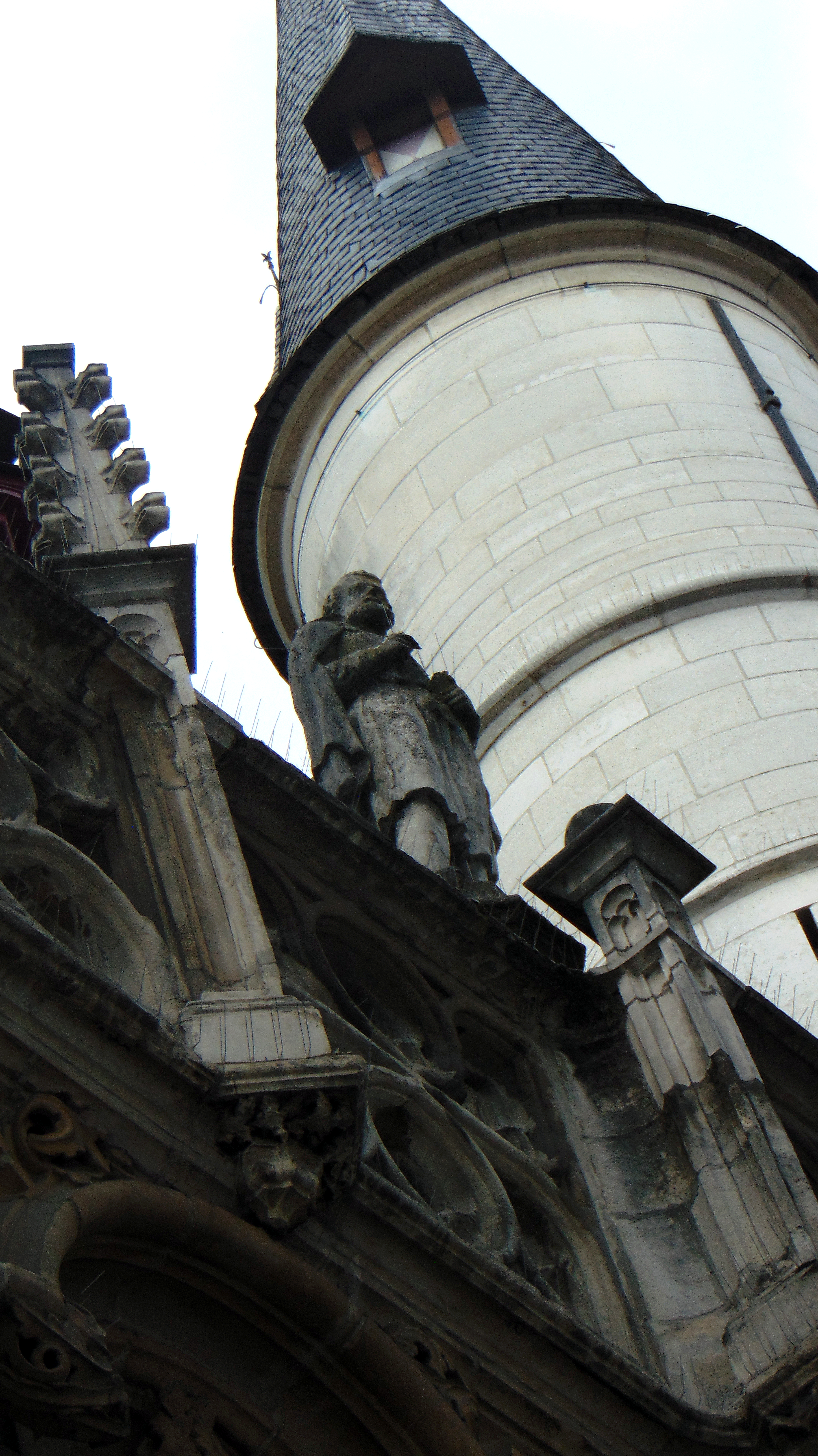Cornelius Grapheus on:
[Wikipedia]
[Google]
[Amazon]
Cornelius Grapheus (1482 – 19 December 1558), Latinized from Cornelis De Schrijver, was a secretary to the city of
 By 1520 he was secretary to the city of Antwerp, writing a Latin panegyric to greet Charles V on his return to that city from Spain. In 1522 he was arrested on accusation of heresy, was taken to Brussels for questioning, and made a full recantation.S.B.J. Zilverberg, "Grapheus, Cornelis", ''Biografisch Lexicon voor de Geschiedenis van het Nederlands Protestantisme'', vol. 4 (Kampen, 1998), 148-149. In 1523 he was set at liberty and returned to Antwerp, where he became a teacher. In 1540 he was reinstated as secretary to the city, and in 1549 he was again involved in the public welcome of a visiting prince, in this case
By 1520 he was secretary to the city of Antwerp, writing a Latin panegyric to greet Charles V on his return to that city from Spain. In 1522 he was arrested on accusation of heresy, was taken to Brussels for questioning, and made a full recantation.S.B.J. Zilverberg, "Grapheus, Cornelis", ''Biografisch Lexicon voor de Geschiedenis van het Nederlands Protestantisme'', vol. 4 (Kampen, 1998), 148-149. In 1523 he was set at liberty and returned to Antwerp, where he became a teacher. In 1540 he was reinstated as secretary to the city, and in 1549 he was again involved in the public welcome of a visiting prince, in this case
Available on Google Books
*''Ex Publii Terentii comoediis latinissime colloquiorum formulae'' (Vienna, 1529)
Available on Google Books
**Reprinted Mainz, 1537 â€
available on Google Books
*''Spectaculorum in susceptione Philippi'' (Antwerp, Gillis Coppens van Diest for
Available on Internet Archive
**Dutch translation as ''De seer wonderlijcke, schoone, triumphelijcke incompst, van den hooghmogenden Prince Philips'' (Antwerp, Gillis Coppens van Diest for Pieter Coecke van Aelst, 1550)
Available on Google Books
**French translation as ''Le Triumphe d'Anvers, faict en la susception du Prince Philips'' (Antwerp, 1550)
Available on Google Books
Antwerp
Antwerp (; ; ) is a City status in Belgium, city and a Municipalities of Belgium, municipality in the Flemish Region of Belgium. It is the capital and largest city of Antwerp Province, and the third-largest city in Belgium by area at , after ...
and writer.
Life
Grapheus was born in Aalst,County of Flanders
The County of Flanders was one of the most powerful political entities in the medieval Low Countries, located on the North Sea coast of modern-day Belgium and north-eastern France. Unlike the neighbouring states of Duchy of Brabant, Brabant and ...
, in 1482. His brother was Joannes Grapheus, the printer who also settled in Antwerp. As a young man Cornelius travelled in Italy. When Thomas More
Sir Thomas More (7 February 1478 – 6 July 1535), venerated in the Catholic Church as Saint Thomas More, was an English lawyer, judge, social philosopher, author, statesman, theologian, and noted Renaissance humanist. He also served Henry VII ...
's ''Utopia
A utopia ( ) typically describes an imagined community or society that possesses highly desirable or near-perfect qualities for its members. It was coined by Sir Thomas More for his 1516 book ''Utopia (book), Utopia'', which describes a fictiona ...
'' was first printed in 1516, Grapheus provided some liminary verses.
 By 1520 he was secretary to the city of Antwerp, writing a Latin panegyric to greet Charles V on his return to that city from Spain. In 1522 he was arrested on accusation of heresy, was taken to Brussels for questioning, and made a full recantation.S.B.J. Zilverberg, "Grapheus, Cornelis", ''Biografisch Lexicon voor de Geschiedenis van het Nederlands Protestantisme'', vol. 4 (Kampen, 1998), 148-149. In 1523 he was set at liberty and returned to Antwerp, where he became a teacher. In 1540 he was reinstated as secretary to the city, and in 1549 he was again involved in the public welcome of a visiting prince, in this case
By 1520 he was secretary to the city of Antwerp, writing a Latin panegyric to greet Charles V on his return to that city from Spain. In 1522 he was arrested on accusation of heresy, was taken to Brussels for questioning, and made a full recantation.S.B.J. Zilverberg, "Grapheus, Cornelis", ''Biografisch Lexicon voor de Geschiedenis van het Nederlands Protestantisme'', vol. 4 (Kampen, 1998), 148-149. In 1523 he was set at liberty and returned to Antwerp, where he became a teacher. In 1540 he was reinstated as secretary to the city, and in 1549 he was again involved in the public welcome of a visiting prince, in this case Philip II of Spain
Philip II (21 May 152713 September 1598), sometimes known in Spain as Philip the Prudent (), was King of Spain from 1556, King of Portugal from 1580, and King of Naples and List of Sicilian monarchs, Sicily from 1554 until his death in 1598. He ...
. He died in Antwerp on 19 December 1558.
Works
*''Divi Caroli imp. caes. opt. max. desyderatissimus ex Hispania in Germaniam reditus'' (Antwerp, Michiel Hillen van Hoochstraten, 1520)Available on Google Books
*''Ex Publii Terentii comoediis latinissime colloquiorum formulae'' (Vienna, 1529)
Available on Google Books
**Reprinted Mainz, 1537 â€
available on Google Books
*''Spectaculorum in susceptione Philippi'' (Antwerp, Gillis Coppens van Diest for
Pieter Coecke van Aelst
Pieter Coecke van Aelst or Pieter Coecke van Aelst the Elder (Aalst, Belgium, Aalst, 14 August 1502Pieter Coeck ...
, 1550)Available on Internet Archive
**Dutch translation as ''De seer wonderlijcke, schoone, triumphelijcke incompst, van den hooghmogenden Prince Philips'' (Antwerp, Gillis Coppens van Diest for Pieter Coecke van Aelst, 1550)
Available on Google Books
**French translation as ''Le Triumphe d'Anvers, faict en la susception du Prince Philips'' (Antwerp, 1550)
Available on Google Books
References
{{DEFAULTSORT:Grapheus, Cornelius 1482 births 1558 deaths People from the Habsburg Netherlands 16th-century poets Flemish Renaissance humanists 16th-century writers in Latin Writers from Antwerp